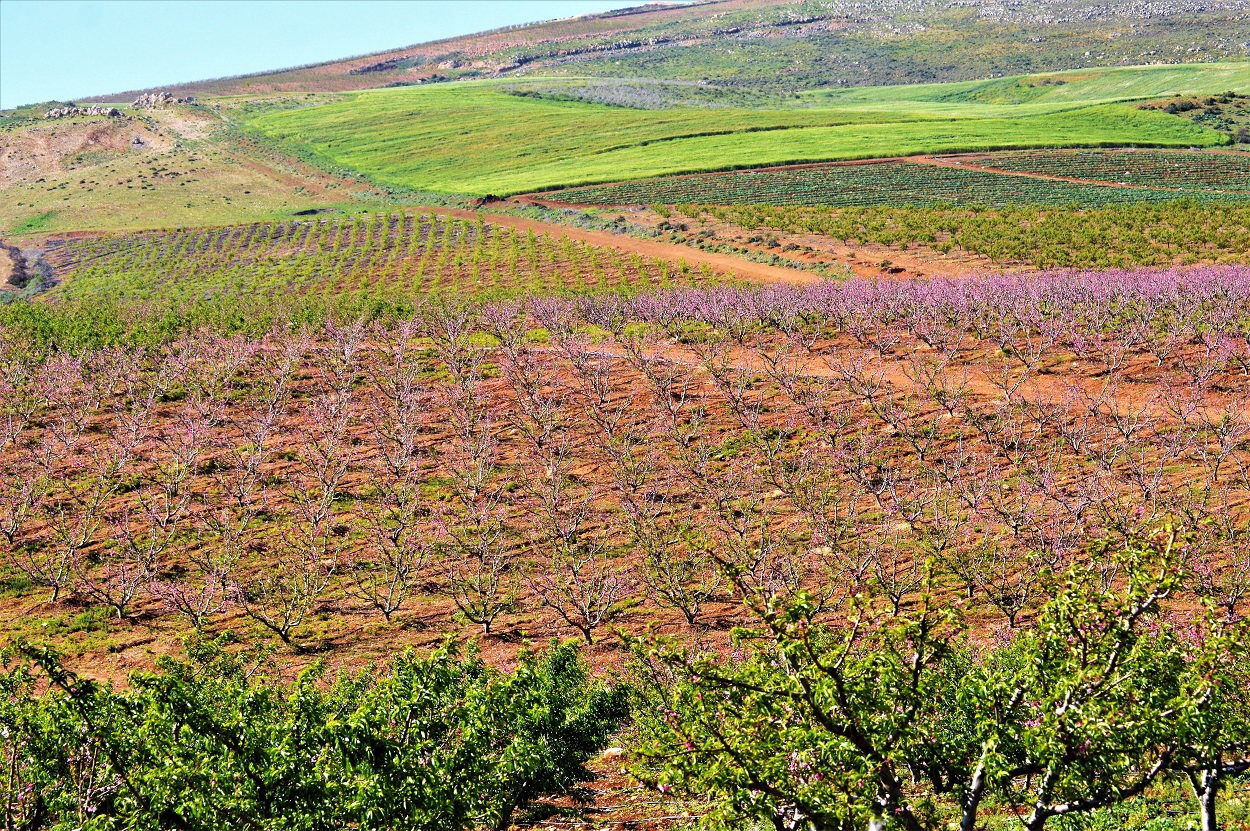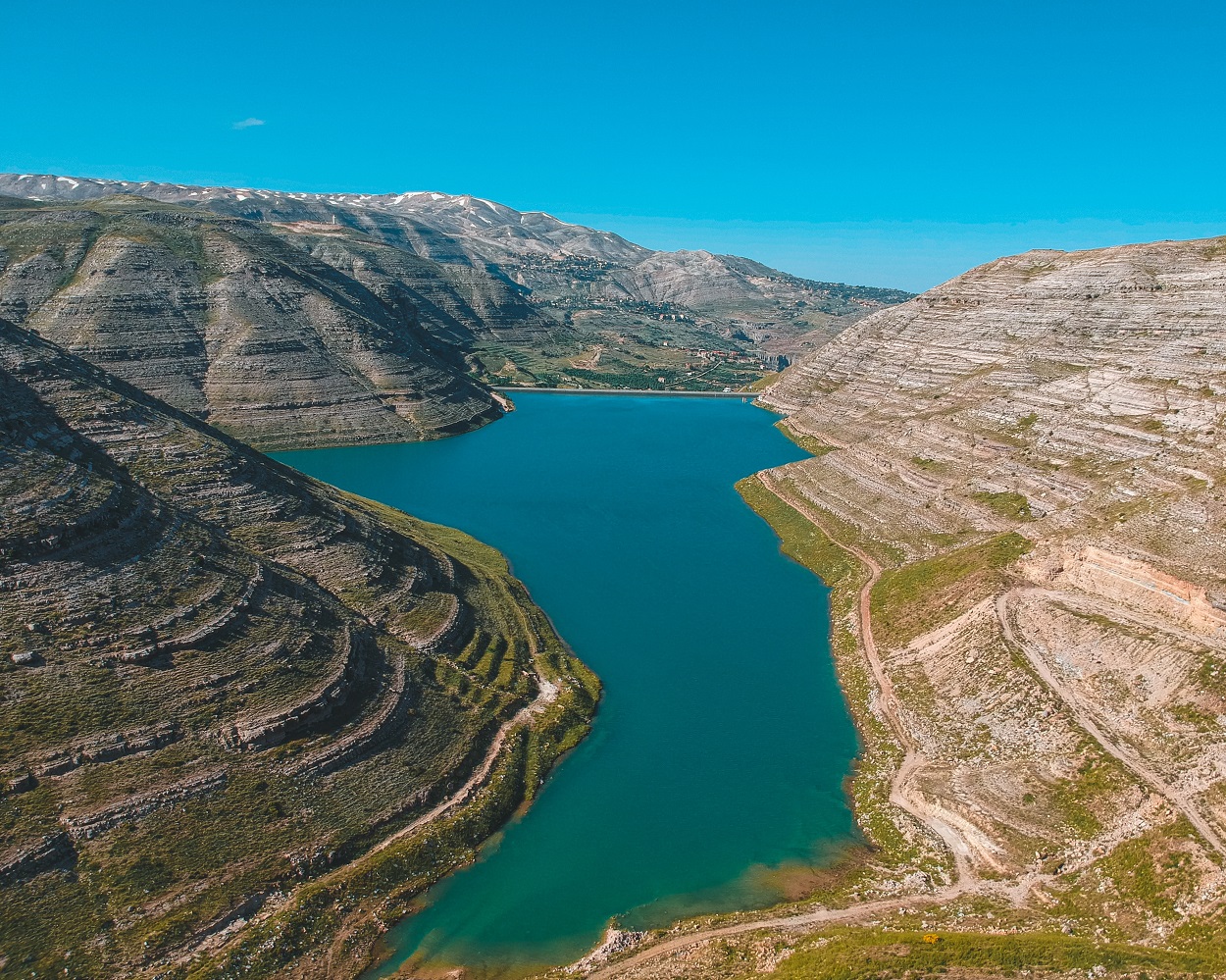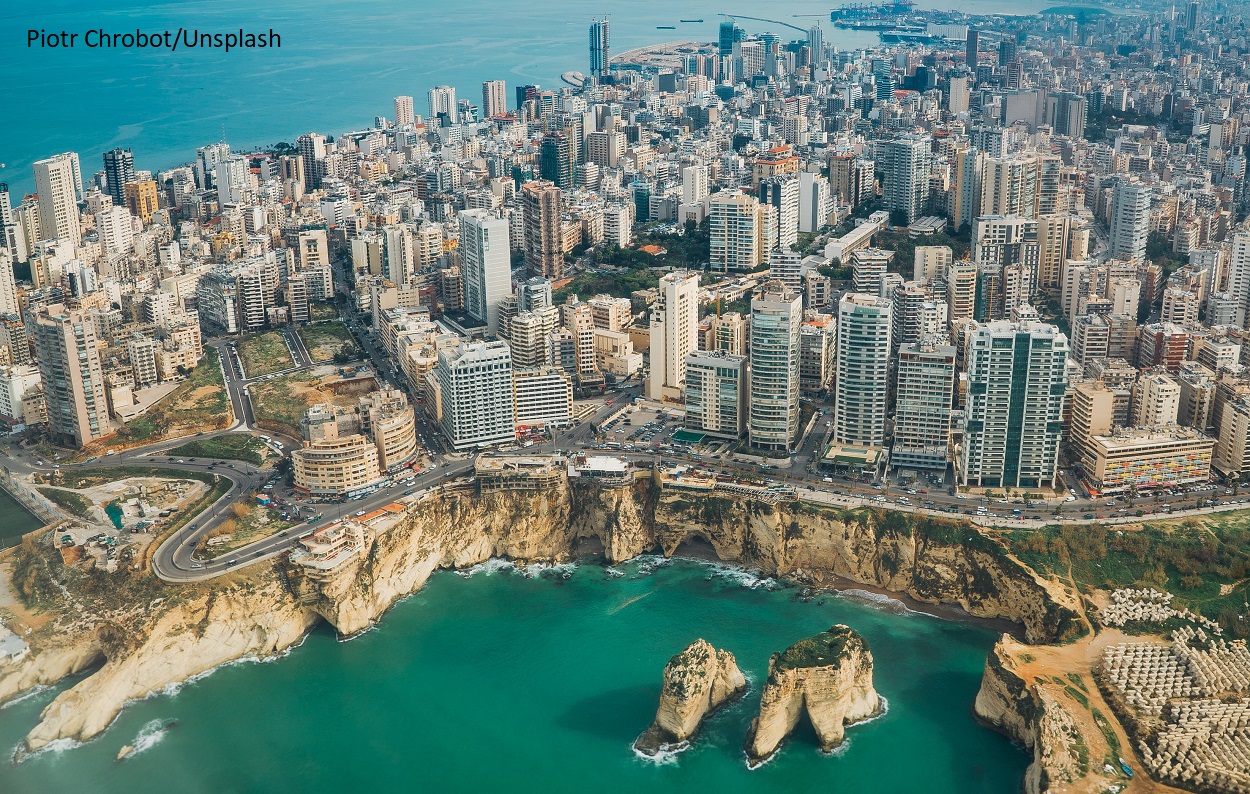Water, energy and food sectors in Lebanon are facing a number of pressures that are being heavily exacerbated by the ongoing economic, political and social crisis. Water resources are highly polluted, and the water sector faces numerous challenges, such as outdated and insufficient infrastructure and poorly managed utilities, to name but a few. Agriculture is one of Lebanon’s main employers that has been hit hard by the economic crisis and the loss of value of the Lebanese lira. The country has to rely entirely on imports in order to meet its energy needs and it is facing an acute shortage in electricity production with consumers in many regions not having access to electricity for extended periods and being obliged to resort to alternative energy solutions that are unaffordable for a large part of the population. Urbanisation, extensive development and overexploitation of natural resources pose severe threats to Lebanon’s ecosystems and biodiversity, while climate change is also exacerbating these threats. In short, Lebanon is in dire need of an integrated approach to natural resources management to enhance water, energy and food security.
The MedProgramme “Mediterranean Coastal Zone: managing the Water-Energy-Food and Ecosystems Nexus”
Within the framework of the GEF/UNEP MedProgramme (2021-2025), the Water-Food-Energy-Ecosystems (WEFE) Nexus approach has been introduced with the aim to promote tangible solutions, tailored to the country’s specific challenges that will enhance security of access to critical resources. To this end, a Nexus Policy Dialogue is implemented using input from a National WEFE Nexus Assessment that is being developed with a specific methodology that analyses thematic interlinkages among sectors, identifies trade-offs and proposes possible synergies to address gaps in institutional settings, policy integration and data management. The process, which takes due consideration of Lebanon’s National laws, Strategies and Plans objectives in the different sectors, contributes to enable sustainable natural resources management and water, food and energy security, essential for society’s prosperity and for building resilience to climate change impacts.

Agriculture has been hit hard by Lebanon's economic crisis (c) Rashid Kreiss/Unsplash
The identification and mapping of financing schemes that could support the implementation of crucial Nexus solutions is also an important part of the process. These efforts will be complemented by the integration of the Source-to-Sea approach, which addresses the linkages between land, water, delta, coast, nearshore and water ecosystems and will be carried out in synergy with activities undertaken in the country towards the preparation of an Integrated Coastal Zone Management plan. Introduction of gender equality considerations, will also form an integral part of the document. GWP-Med is the executing partner responsible for the drafting of the Nexus Assessment.
Nexus Policy Dialogue - Phase I of the Nexus Assessment: Water, energy, food, ecosystems and stakeholders in the microscope
In Lebanon, similar to many Mediterranean countries, water, energy, food and ecosystem sectors have been dealt with in silos, in terms of decision-making, management and investment planning. Coordination among institutions is lacking, while National Strategies and priorities have been designed unilaterally.
Explaining the methodology
Given the fact that energy is the determining factor cutting across and influencing all sectors, it has been decided that the entry point for applying the Nexus approach is energy. The Nexus Policy Dialogues process comprises analytical work and consultations that is carried out in two phases. During the first phase, all available data on the four sectors are gathered and processed, relevant Nexus-related stakeholders are mapped, including public institutions and other actors directly involved with water, energy, food, environment and climate change, enabling conditions for effective cross sectoral integration and policy planning assessed. The very intense participatory process accompanying this phase includes workshops and bilateral meetings in order to integrate the views of different relevant actors and also assists with the identification of additional stakeholders that might be affected by and directly affect the Nexus related sectors.
An inter-ministerial Nexus committee, that has been established in the frame of the project and is comprised of representatives from all Nexus-related Ministries and other relevant institutions, guides the above process that is concluded with the identification of key inter-sectoral Nexus solutions potentially contributing to meet some of the critical needs of Lebanon.

Energy is the entry point for the Nexus approach in Lebanon (c) Emile/Unsplash
Validating solutions for a Nexus-proof recovery
The MedProgramme’s 1st multi-stakeholder consultation on the WEFE Nexus in Lebanon was organised in Beirut in August 2022. The Consultation was crucial in order to validate provisional findings from a governance analysis and a mapping of the water-food-energy-ecosystems related issues and consult additional actors relevant to the Nexus in the country, such as Nexus-related ministries and other relevant authorities, research centers, international organisations, experts, financial partners, NGOs and gender groups.
Following the input gathered on this occasion, the above-mentioned assessments were consolidated and the interlinkages among the Nexus sectors further analyzed, information gaps identified. A set of concrete solutions exploiting cross-sectoral synergies will be presented for validation at the 2nd multi-stakeholder Consultation Meeting on 27-28 February 2023. This meeting will bring together again Nexus related stakeholders to prioritize the most critical and financially viable solutions that can assist Lebanon’s sustainable recovery and lay out the next steps for cross-sector implementation.
